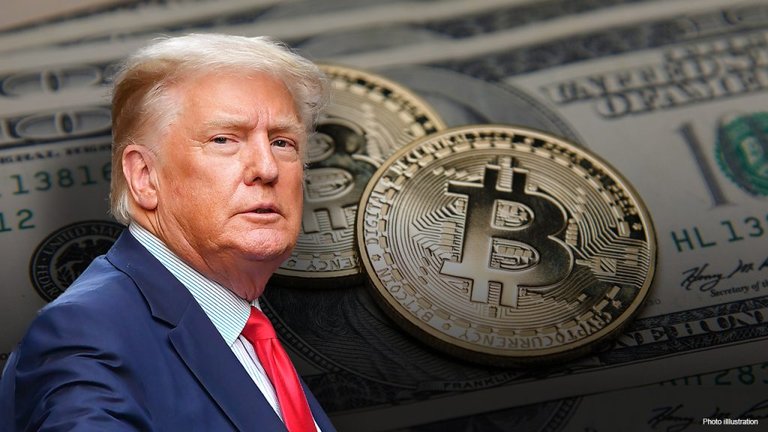
Brad Garlinghouse, CEO of Ripple Labs, has become the center of heated debates following rumors of a private meeting with U.S. President-elect Donald Trump. Reports suggest Garlinghouse discussed the implementation of Ripple's XRP token and central bank digital currencies (CBDCs) during the alleged meeting.
Criticism from Industry Leaders
Ryan Selkis, former CEO of Messari, criticized Garlinghouse in a post on X (formerly Twitter), accusing him of actively promoting XRP and CBDC adoption. Similarly, Pierre Rochard, Vice President of Research at Riot Platforms, accused Ripple of advancing an “anti-Bitcoin agenda” and warned of the potential influence Ripple might exert on U.S. crypto policies.
Rochard further called on Trump to appoint pro-Bitcoin advocates to key positions in his administration, underscoring concerns about Ripple's influence in the space.

XRP Rally and Speculation
The alleged meeting coincided with a significant surge in XRP's price, which saw double-digit gains. This has fueled speculation about the meeting's role in the rally, adding to the ongoing controversy.
When questioned about the meeting during an appearance on Fox Business, Garlinghouse neither confirmed nor denied the encounter. However, he praised Trump's openness to the crypto industry, stating:
“Trump has embraced the crypto industry, and I believe he recognizes its potential for innovation and entrepreneurship.”
Criticism of SEC and Gary Gensler
![]()
Garlinghouse also highlighted the crypto market's positive response to Trump's election victory, contrasting it with the hostile approach of SEC Chairman Gary Gensler. Garlinghouse pointed to Gensler’s regulatory stance as a key obstacle for crypto projects in the U.S.
Trump’s pledge to fire Gensler on his first day in office has garnered significant support within the crypto community. Adding to the pressure, 18 U.S. states have sued Gensler, accusing him of "federal overreach" in crypto regulation.
States like Texas, Ohio, and Wyoming have joined forces to challenge what they consider Gensler’s excessive and rights-violating policies. The SEC has faced growing criticism for its “regulation by enforcement” strategy, which many believe stifles innovation without providing clear guidelines.
Ripple’s Legal Saga and XRP’s Return to Robinhood
Amid these developments, XRP has made a comeback on major trading platforms. Last week, Robinhood Crypto reinstated XRP, alongside two other altcoins, on its U.S. trading platform.
XRP was originally delisted from Robinhood and other exchanges in 2020 after the SEC filed a lawsuit against Ripple, claiming XRP was an unregistered security. In June 2023, Robinhood also delisted SOL, ADA, and MATIC following the SEC’s lawsuits against Binance and Coinbase, which labeled these tokens as unregistered securities.

The reinstatement of XRP signals renewed confidence in the token as regulatory clarity improves. Robinhood Crypto's Vice President, Johann Kerbrat, commented:
“We’ve heard time and again from our customers that they want access to more digital assets, and we’re excited to expand our offerings. We believe cryptocurrencies provide opportunities for those underserved by traditional financial systems.”
A Complex Road Ahead
The controversies surrounding Garlinghouse, Ripple, and XRP reflect the broader tension within the crypto industry as it grapples with regulatory challenges and evolving market dynamics. As Ripple navigates its legal and reputational challenges, the interplay between industry leaders, policy decisions, and market movements remains pivotal for the future of digital assets.
 Follow
Follow